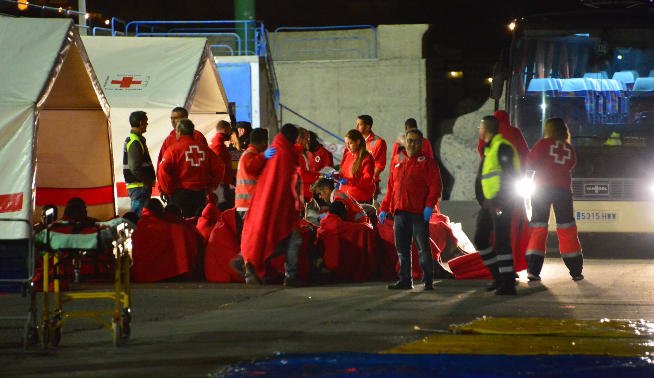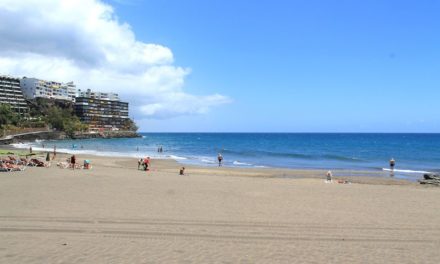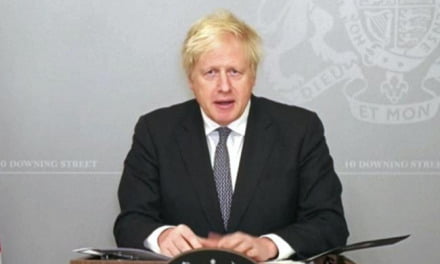The Federation of African Associations in the Canary Islands has warned that arrivals of irregular immigrants to the Islands could be on the increase, which it considers to be a symptom of a diversion towards the Atlantic by those who seek to leave the African continent and find it increasingly difficult to do so via the Mediterranean. “We are seeing how cayucos [small, unseaworthy boats] have returned carrying 60, 80 and up to 100 people”, in what they see as a return to “the year 2006”, according to the secretary general, Teodoro Bondyale, who maintains that this fact shows that the route of entry to Europe through the archipelago is becoming active again, contrary to what local authorities say.
Bondyale went on to remark that “to say that there is no revival of immigration is denying the evidence,” warning that “in the Canary Islands we must be prepared” for a future increase in the irregular flow of Africans in precarious vessels that, in his opinion, could reach the significant numbers that were witnessed just over a decade ago. He insisted that proof of this is that, after several years in which only small boats with groups of a few dozen or less people have been arriving sporadically to the archipelago, last Thursday a cayuco carrying 103 immigrants on board was rescued and a few weeks earlier, on October 17, another one in which 95 were travelling.
Bondyale attributed these arrivals to the circumstance that “people smugglers are opting to resort to other routes because the most used [route] of recent times have been closing, which was the Mediterranean route.”
Several factors have combined, such as increased control of waters and borders by the countries of destination, leading traffickers to try to find other ways to escape from Africa to Europe, but also “abuse” to which the black population is subjected, has increased especially in territories through which they must pass, as in the case of Libya.
The secretary general of the organization said that this territory has become the scene of “an unacceptable drama, the return to slavery practices of other centuries,” that the Federation of African Associations in the Canary Islands “wants to denounce, giving voice to victims without voice who are suffering, “said his representative.
International intervention
Theodore Bondyale stressed the purpose of his federation is to “protest and call for intervention by the African Union, the United Nations and international organisations for the defence of Human Rights” in a situation in which it considers that the institutions and European media “are maintaining an accomplices silence”. While reiterating his demand to act in aid of those who are victims of what happens in Libya, he stressed that Africans living in the Canaries believe it necessary to urge public authorities to take measures to face the potential increase that they predict.
Above all, Bondyale criticised the authorities for the inadequate treatment they understand is given to those who are detained once on land, which, he said, includes being “locked in inhumane conditions in detention centres such as Barranco Seco de Gran Canaria, where they live next to a police kennel and must endure the nauseating smell of a neighbouring sewage works. ” The situation is even worse in other parts of Spain in which the authorities “skip the Foreigner Act, like in Málaga, where immigrants who have recently arrived in Spain are being held in a prison that was not even opened yet” , He said.
Teodoro Bondyale Oko (Muni River, Equatorial Guinea, 1951). He has been in Spain for almost 50 years. He is a nurse, sociologist and graduate in Political Sciences, activist for democracy in his native country, Equatorial Guinea, secretary of the Federation of African Associations in the Canary Islands (FAAC) ( http: // federacion-aac.
Blogspot.com.es / ) and member of the platform that questions the Spanish health policy towards immigrants. He taught classes in Health sociology for nurses at the Insular Hospital and at the Juan Carlos I Hospital, both in Las Palmas de Gran Canaria.














